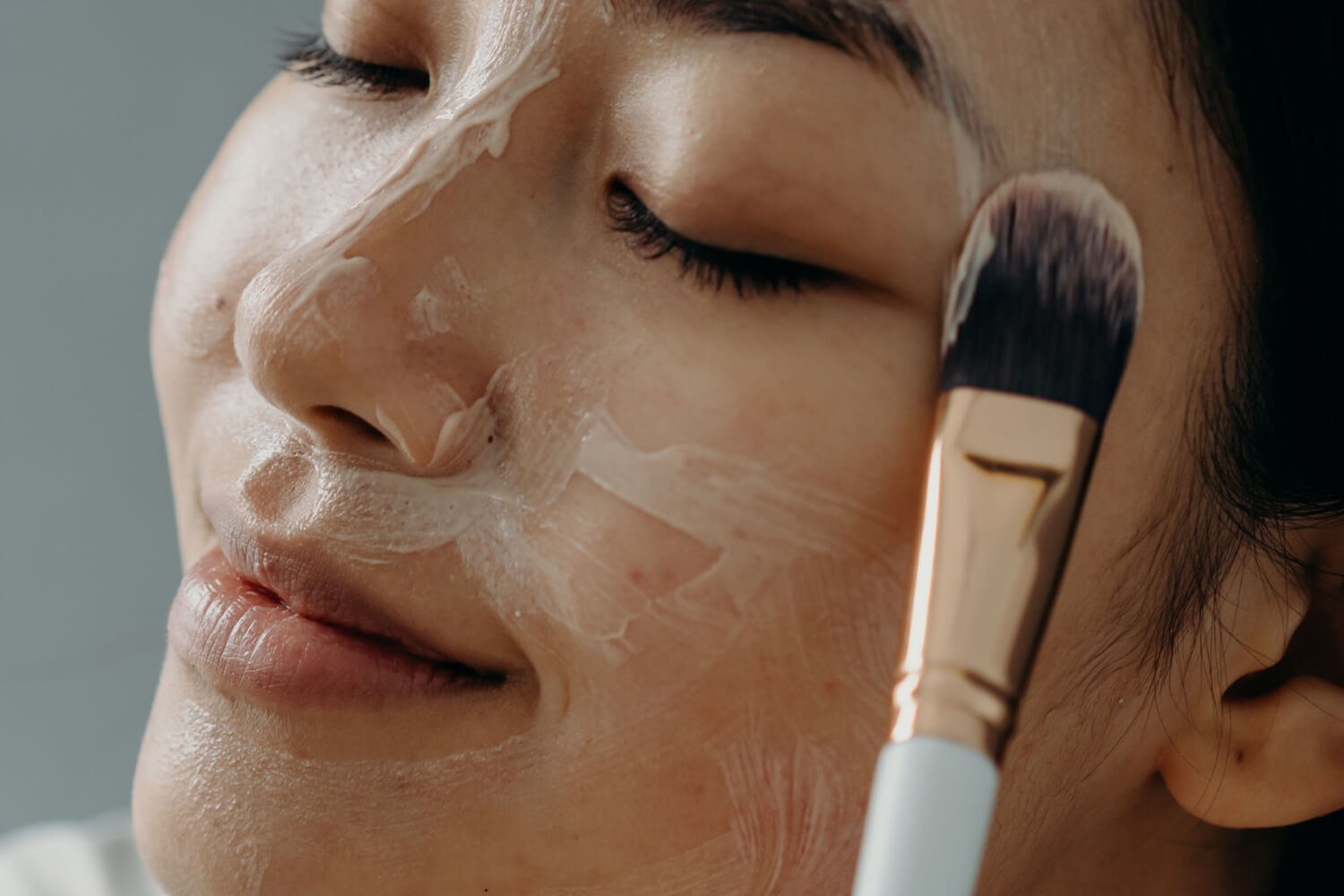Why do you have pigmentation?
Facial pigmentation, also known as hyperpigmentation, is caused by an overproduction of melanin in certain areas of the skin. Melanin is a pigment that gives our skin its color, and when it is produced in excess, it can cause dark spots or patches on the face.
Here are some of the common causes of facial pigmentation:
- Sun exposure: Exposure to the sun’s UV rays is a major cause of facial pigmentation. The sun triggers the production of melanin in the skin as a natural defense mechanism, and over time, this can lead to the development of dark spots.
- Hormonal changes: Hormonal changes during pregnancy, menopause, or while taking certain medications can cause an increase in melanin production and contribute to the development of facial pigmentation.
- Age: As we age, our skin’s ability to regenerate and repair itself slows down, which can lead to the accumulation of pigmentation.
- Inflammation: Inflammatory skin conditions, such as acne or eczema, can cause post-inflammatory hyperpigmentation, where the skin produces excess melanin in response to the inflammation.
- Genetics: Some people may be more prone to developing facial pigmentation due to genetic factors.
What can you do about it ?
There are several treatments available for facial pigmentation, and the best one for you will depend on the type and severity of your pigmentation.
Here are some effective treatment options for face pigmentation :
- Topical creams: Over-the-counter or prescription creams containing ingredients such as hydroquinone, retinoids, vitamin C, or kojic acid can help lighten and reduce the appearance of facial pigmentation.
- Chemical peels: Chemical peels involve the application of a chemical solution to the skin to remove the outer layer, revealing new, brighter skin underneath. They can be effective in reducing the appearance of facial pigmentation.
- Laser therapy: Laser therapy involves the use of targeted lasers to break up pigmented cells and stimulate the growth of new, healthy skin cells. This can be an effective option for more severe cases of pigmentation.
- Microdermabrasion: Microdermabrasion involves the use of a special tool to gently exfoliate the skin and remove the outer layer. It can help reduce the appearance of pigmentation and improve skin texture.
- Intense Pulsed Light (IPL) therapy: IPL therapy uses intense pulses of light to target pigmented cells and break them down. This can be an effective option for treating various types of pigmentation.
It’s important to consult with a skin specialist determine the most appropriate treatment option for your specific type of pigmentation. Additionally, it’s essential to protect your skin from further damage by wearing sunscreen daily and avoiding prolonged sun exposure.
Why choose iksana?
Welcome to Iksana, where exceptional care awaits you. Prepare to be captivated by the expertise of our Chief dermatologist, Dr. Aparajita Lamba, as she delves deep into the root cause of your concerns. With unwavering dedication, she not only unveils the intricacies of your treatment but also sheds light on the often overlooked aggravating factors. From the impact of your diet to the influence of your lifestyle choices, our comprehensive treatment plan goes beyond mere medicine, offering a supportive approach that nurtures your well-being.
Dr. Lamba’s relentless pursuit for knowledge and passion for exploring the latest breakthroughs in dermatology ensure that you receive nothing but the most effective solutions. At Iksana, we embrace the holistic view, caring for you as a complete individual—from the inside out. Our mission reaches far beyond the confines of superficial symptoms, empowering you to unlock newfound confidence and embrace your best self.
Join us at Iksana, where personalized care merges with innovation, setting the stage for a transformative journey towards a brighter, more radiant you. Let us guide you towards a world of boundless beauty and self-assurance.


